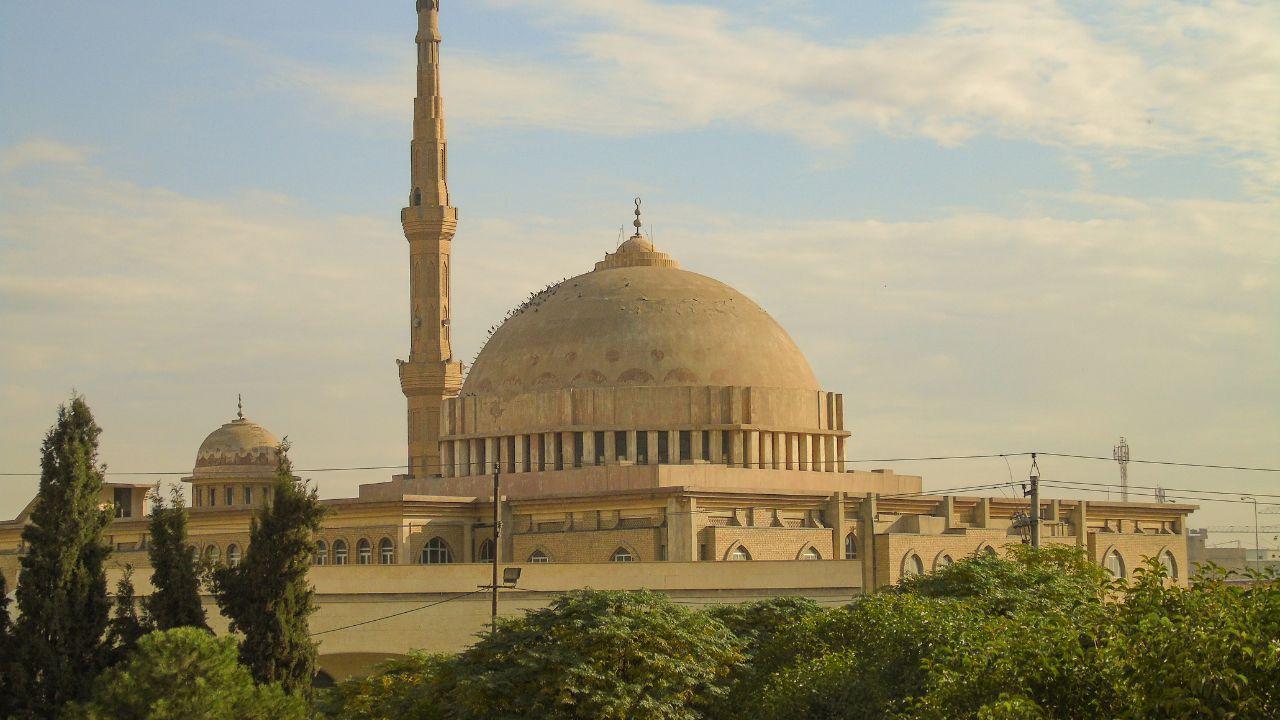
Post by : Vansh
The Middle East has always stood at the center of world history, acting as both a cradle of civilization and a hub of cultural and economic influence. In the 21st century, its significance continues to grow, driven by the twin forces of energy and transformation. The story of Energy and Evolution in this region is about more than oil and gas; it is about adaptation, innovation, and the powerful role the Middle East plays in shaping a globalized future.
For much of the modern era, the Middle East has been synonymous with energy. The discovery of vast oil reserves in the early 20th century transformed nations such as Saudi Arabia, the United Arab Emirates, Qatar, and Kuwait into global powerhouses. The Organization of the Petroleum Exporting Countries (OPEC), led by Middle Eastern nations, has had a decisive influence on international energy markets for decades.
But the story does not end with oil. Natural gas reserves, particularly in Qatar and Iran, have further cemented the region’s role as a cornerstone of global energy. These resources fuel economies, power industries, and influence geopolitics on a scale unmatched by most regions of the world.
While fossil fuels remain central, the concept of Energy and Evolution highlights the region’s efforts to move beyond traditional energy sources. Recognizing the challenges of climate change and the need for sustainability, Middle Eastern nations are increasingly investing in renewable energy. Solar power projects in Saudi Arabia and the UAE, as well as wind energy initiatives in Egypt and Morocco, are setting new global benchmarks.
Ambitious projects like Masdar City in Abu Dhabi demonstrate how the Middle East is reimagining itself as a hub for green technology and innovation. By diversifying their economies and embracing renewable solutions, these nations are ensuring their place at the heart of global energy evolution.
Energy wealth has not only driven the development of infrastructure but has also positioned the Middle East as a key player in global trade. Cities like Dubai and Doha have emerged as financial and commercial hubs, offering world-class airports, ports, and free-trade zones. These hubs connect Asia, Africa, and Europe, making the region an indispensable part of international commerce.
The role of the Middle East at the heart of global change is also evident in its economic diversification strategies. Initiatives such as Saudi Arabia’s Vision 2030 and the UAE’s Centennial 2071 aim to build knowledge-based economies, driven by technology, tourism, education, and innovation. These long-term strategies reflect an awareness that energy resources, while powerful, are not infinite.
As the Middle East evolves, technology has become a critical part of its journey. The introduction of artificial intelligence, smart cities, and space exploration projects shows how the region is embracing the future. The UAE’s Hope Probe to Mars and Saudi Arabia’s NEOM project exemplify its global ambitions.
Technology also intersects with energy. Smart grids, AI-driven energy management systems, and innovative research centers are transforming the way resources are produced and consumed. By investing in future-focused technologies, the Middle East ensures that it remains central to discussions about global progress.
Energy has long shaped the political role of the Middle East. From the oil embargo of the 1970s to today’s strategic energy alliances, the region wields considerable influence on international relations. As the world transitions to cleaner energy, the Middle East’s geopolitical role is also evolving. Partnerships with the European Union, Asia, and Africa highlight its importance in shaping sustainable futures.
Additionally, the region’s diplomatic initiatives reflect its central role in global affairs. Hosting events such as COP28 in Dubai demonstrates how the Middle East is positioning itself not only as an energy supplier but also as a leader in climate action and sustainability dialogues.
The views and perspectives shared in this article are intended for informational purposes only. Readers are encouraged to explore multiple sources for a deeper understanding of the subject. This content has been prepared by MiddleEastBulletin news network for general awareness and does not substitute professional advice.










Curry Powers Warriors to Nail-Biting 109-108 Victory Against Spurs
Stephen Curry's 49 points propel the Warriors to a dramatic 109-108 NBA Cup triumph over the Spurs,

India Advances to Semi-Finals After Thrashing USA in Women’s Blind T20 World Cup
India secured a dominant ten-wicket victory over the USA, advancing to the semi-finals in the Women’

South Africa's Early Advantage as India Struggles on Day Two
On Day Two, India reached 138-4 as South Africa took three early wickets, complicating matters with

Kenta Nishimoto Defeats Lakshya Sen in Japan Masters Semifinal
Lakshya Sen's journey in the Japan Masters ends after losing to Kenta Nishimoto 19-21, 21-14, 12-21

Kenta Nishimoto Defeats Lakshya Sen in Japan Masters Semifinals
Lakshya Sen's run at the Japan Masters concludes with a loss to Kenta Nishimoto in the semifinals, 1

Major IPL Trade: Jadeja Joins Royals as CSK Signs Samson
In a significant IPL trade, CSK has acquired Sanju Samson from Rajasthan Royals in exchange for Ravi